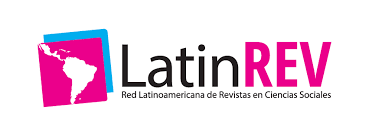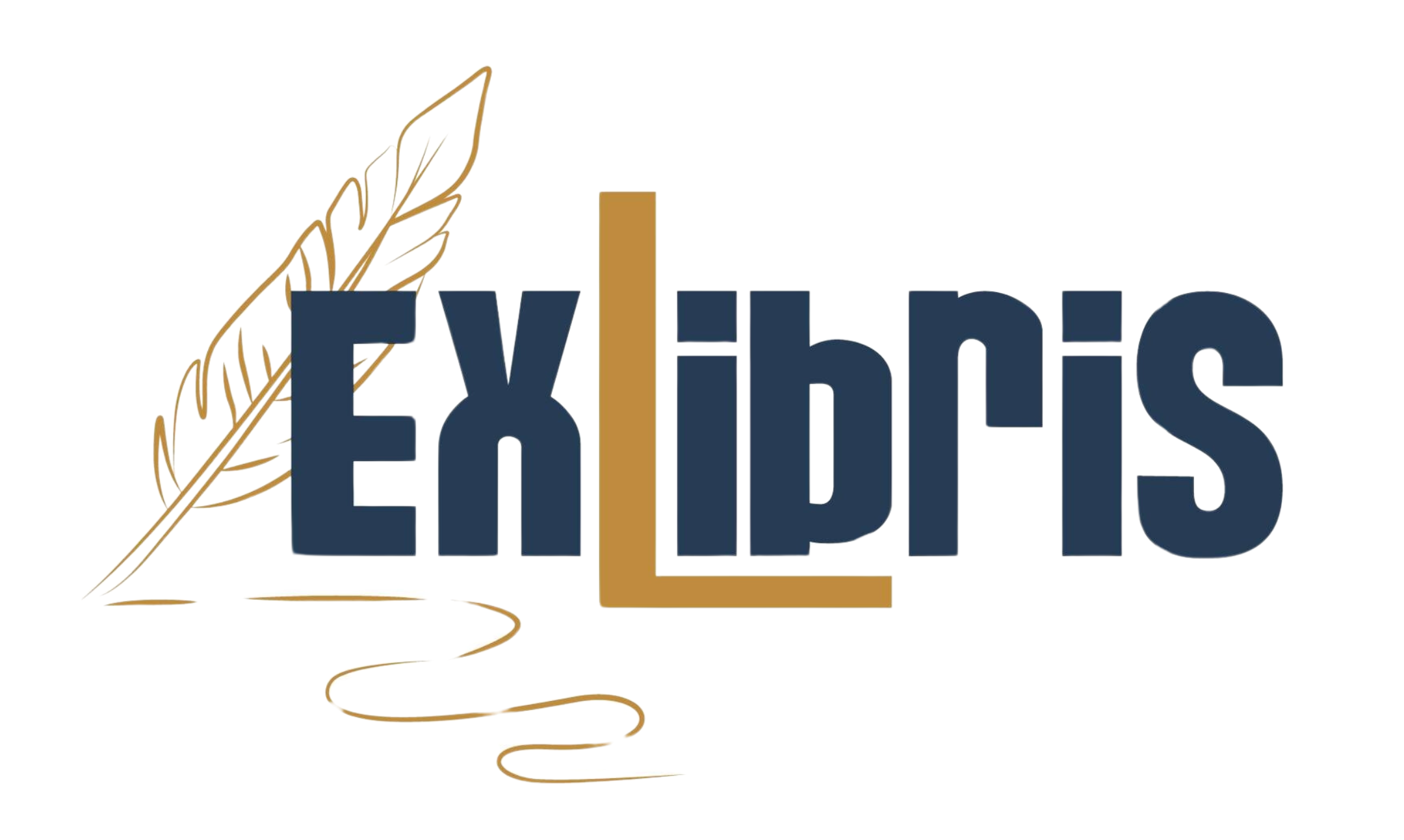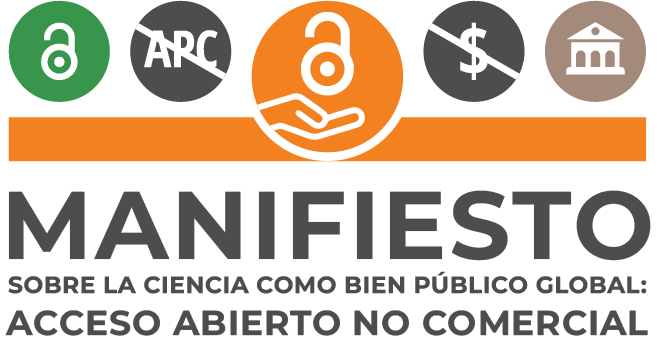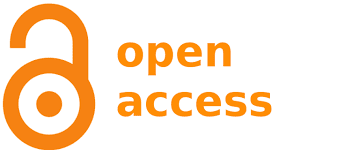The hybridization of all university functions: teachers, researchers, management and internalization in rediscussion
DOI:
https://doi.org/10.69789/ccs.v8i2.634Abstract
The emergence of a hybrid education with a combination of diversity of face-to-face and virtual activities is a new dynamic that impacts all educational and university functions, especially in teaching, research, extension, management, curricular structure and internationalization. The context is the entry into a new phase of University 4.0. The University has historically been marked by four phases in its development. A first phase, as University 1.0, supported by face-to-face teaching and based exclusively on the teacher-learner relationship. A second phase of University 2.0 with face-to-face teaching supported by the book and analog teaching objects such as maps, plans, posters, graphs, etc. A later University 3.0 where Taylorist management and electricity allowed a larger scale, relying on the use of radio, television and videos. This phase was also one of institutional differentiation by promoting the creation of distance education. And finally, the current University 4.0, articulated to digitalization through electronic networks with multiple virtual educational modalities.
Downloads
Published
Issue
Section
License
Copyright (c) 2022 Universidad Evangélica de El Salvador

This work is licensed under a Creative Commons Attribution-NonCommercial-ShareAlike 4.0 International License.
Los artículos de Ciencia, Cultura y Sociedad están publicados en acceso abierto bajo una licencia CC BY-NC-SA 4.0 de la Universidad Evangélica de El Salvador.


















